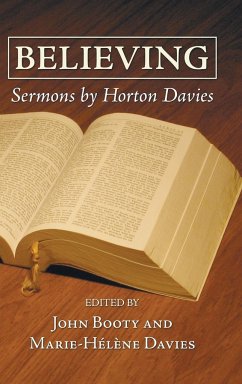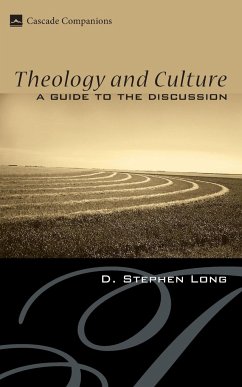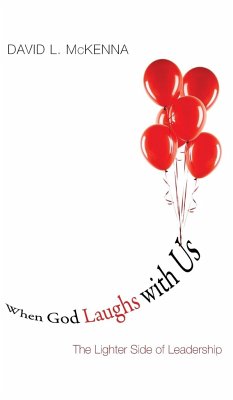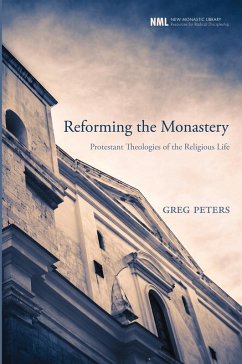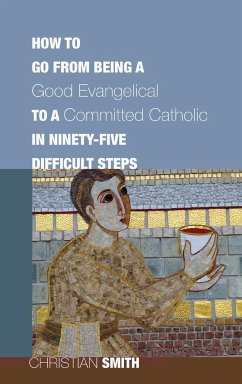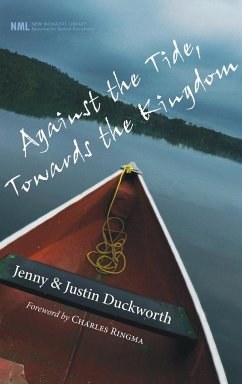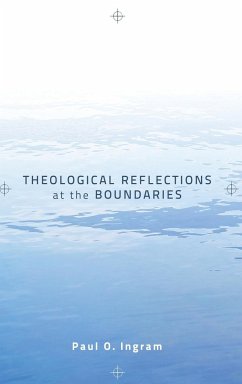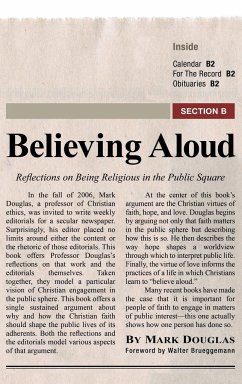
Believing Aloud
Versandkostenfrei!
Versandfertig in 1-2 Wochen
35,99 €
inkl. MwSt.
Weitere Ausgaben:

PAYBACK Punkte
18 °P sammeln!
In the fall of 2006, Mark Douglas, a professor of Christian ethics, was invited to write weekly editorials for a secular newspaper. Surprisingly, his editor placed no limits around either the content or the rhetoric of those editorials. This book offers Professor Douglas's reflections on that work and the editorials themselves. Taken together, they model a particular vision of Christian engagement in the public sphere. This book offers a single sustained argument about why and how the Christian faith should shape the public lives of its adherents. Both the reflections and the editorials model ...
In the fall of 2006, Mark Douglas, a professor of Christian ethics, was invited to write weekly editorials for a secular newspaper. Surprisingly, his editor placed no limits around either the content or the rhetoric of those editorials. This book offers Professor Douglas's reflections on that work and the editorials themselves. Taken together, they model a particular vision of Christian engagement in the public sphere. This book offers a single sustained argument about why and how the Christian faith should shape the public lives of its adherents. Both the reflections and the editorials model various aspects of that argument. At the center of this book's argument are the Christian virtues of faith, hope, and love. Douglas begins by arguing not only that faith matters in the public sphere but describing how this is so. He then describes the way hope shapes a worldview through which to interpret public life. Finally, the virtue of love informs the practices of a life in which Christians learn to ""believe aloud."" Many recent books have made the case that it is important for people of faith to engage in matters of public interest-this one actually shows how one person has done so.




